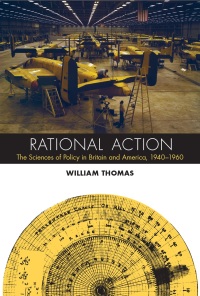Primer: The Royal Academy of Sciences May 22, 2009
Posted by Will Thomas in EWP Primer.Tags: Francis Bacon, Franz Mesmer, Jacques Rohault, Jean le Rond d'Alembert, Jean-Baptiste Colbert, Jean-Jacques Rousseau, Melchisédech Thévenot, Rene Descartes, Roger Hahn
1 comment so far
OK, Hump-Day History got a bit lost the last couple weeks, but to restore some momentum, we present a special Friday edition. I hope American readers have a fine long Memorial Day weekend.
—
The organization of scientific work and its communication necessarily involves the reconciliation of tensions between the inherent elitism of advanced inquiry and the aspirations of inquirers to produce universally valid knowledge, as well as between the individualism of personal initiative and the collectivism of rational agreement. Cultures of inquiry and invention have a wide variety of choices of how to enact such reconciliations, and their choices often create a conceptual resonance between scientific practice and the culture and politics beyond the community. This was clearly and influentially the case with the Royal Academy of Sciences, established in Paris in 1666 under the authority of absolutist monarch Louis XIV.
When the Academy was established, it represented a culmination of a decades-long proliferation of circles dedicated to the discussion of philosophical and cultural issues. In the middle of the seventeenth century, the interests of these circles crossed freely between art and rhetoric, general scholarship, the philosophical reformism of people like René Descartes (Jacques Rohault’s, 1618-1672, “Cartesian Wednesdays” in particular), and, of course, the then-recent vogue for experimental natural philosophy often associated with Francis Bacon (and exemplified by the “Academy” run by Melchisédech Thévenot, c.1620-1692).
The short-lived Accademia del Cimento in Florence (est. 1657), and the Royal Society in London (est. 1660), suggested the possibility that centralizing inquiry (more…)

